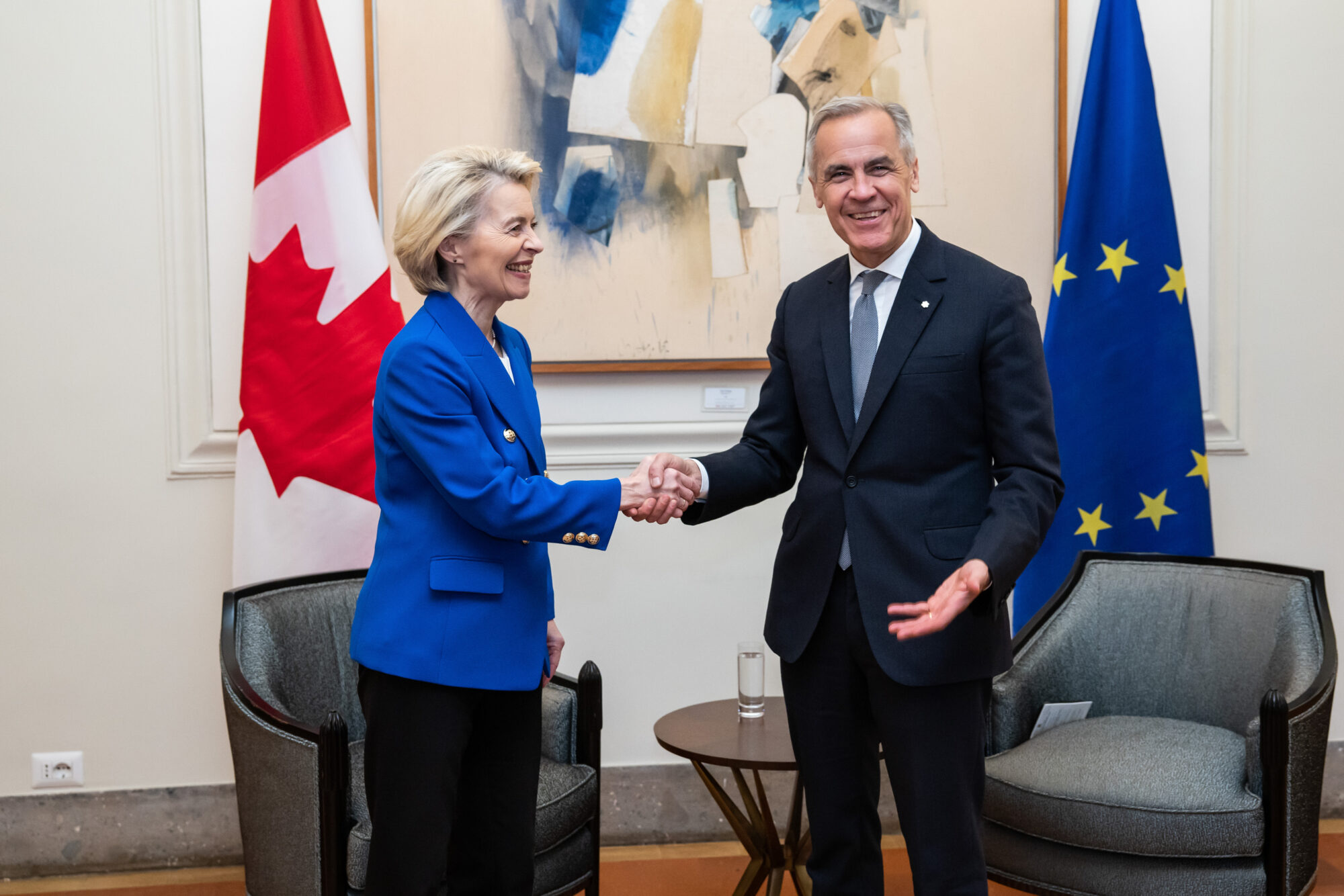Death and taxes. As a family doctor, I work everyday to delay the former but could not do my job without the latter. Taxes pay for the hospitals my patients use, for the tests I order, and for the income I earn.
Politicians however, often describe taxes as a ‘burden.’ When elections come around, so do promises of ‘relief.’ But are taxes such a terrible disease?
In reality, Canada’s taxes are intentionally low. Canada’s low tax regime may instead be responsible for making life more expensive, less affordable, and yes, even responsible for making some of us sick.
As Canadians turn away from the United States, we are increasingly looking to the European Union as an important partner and ally. If Canada were an EU member state, something more of us wish were true, we would be near the bottom in tax revenue. Taxes in Canada are approximately 33 percent of GDP. Germany and France, the EU’s largest members, are at or near the top. They collect more than 40.9 per cent and 47.3 percent of GDP in taxes, respectively.
These same higher tax countries also spend more on public services. While Canada’s public spending on healthcare was 7.9 percent of GDP in 2023, Germany and France both invested 10.1 percent. The same pattern is present for most other EU states, as well as for public spending on social programs.
Taken together, these political choices result in countries and communities with longer, healthier and happier lives. That includes universal healthcare systems that include universal drug plans, more robust social assistance, and stronger labour protections for workers.
In Canada, 6.5 million people don’t have access to a family doctor. Affordable housing is out of reach for so many. Young Canadians are struggling with university and college tuition. And income inequality in Canada is at the highest level ever recorded. It takes one of Canada’s richest CEOs less than 2 hours to make what the average worker earns in an entire year.
In the face of this crisis, Prime Minister Carney has cancelled a modest capital gains tax increase, introduced ‘middle class’ tax cuts that offers the greatest payments to the highest income earners, and capitulated to Donald Trump by cancelling a long-awaited digital services tax. This will result in almost $52 billion of lost public investment over the next five years.
In making these choices, we are missing critical chances for nation building. Instead of addressing the shortage in access to primary and acute health care, expanding universal pharmacare, bolstering public education and supporting our youngest citizens with early learning, we are funding tax cuts.
Nonetheless, the Prime Minister is still choosing to significantly increase public spending in areas outside health and social services. For example, the PM has committed to spending 5 percent of annual GDP on national defence, up from 1.4 percent. Is this a responsible commitment if it triggers predictable cuts to other areas, because of a lack of public funds?
Recent polling shows Canadians are overwhelmingly supportive of a wealth tax. In the past, many doctors have supported higher taxes on high income earners. Now, a new group of Canadians called ‘Patriotic Millionaires’ are calling for higher taxes on the wealthy.
Not everyone is in favour of higher taxes and more public investment. Wealthy individuals are often the first to speak against higher taxes, sometimes threatening to move their money elsewhere. In the UK, efforts to reduce tax avoidance were greeted with warnings of a ‘Millionaire Exodus.’ The government pushed through, and in the end only 0.3 percent of millionaires chose to say ‘goodbye.’ The same results have been found in other similar jurisdictions with varied tax regimes from the United States to Scandinavian countries.
In the face of this, Prime Minister Carney’s tax policy is even more frustrating. There are clear alternative policy choices. Proposed wealth taxes are increasingly common, experts have laid out a road map for expanding primary health care, and many wealthy Canadians are asking for higher taxes in order to build national solidarity.
This is all possible, but we need more funds. Even the PM appears to favour a more European approach, recently describing Canada as the “most European of non-European countries.”
So far, we’re going in the wrong direction. It doesn’t have to be this way. While it may be true that the only certain things in life are death and taxes, it is also true taxes help us live better—and healthier—lives.





